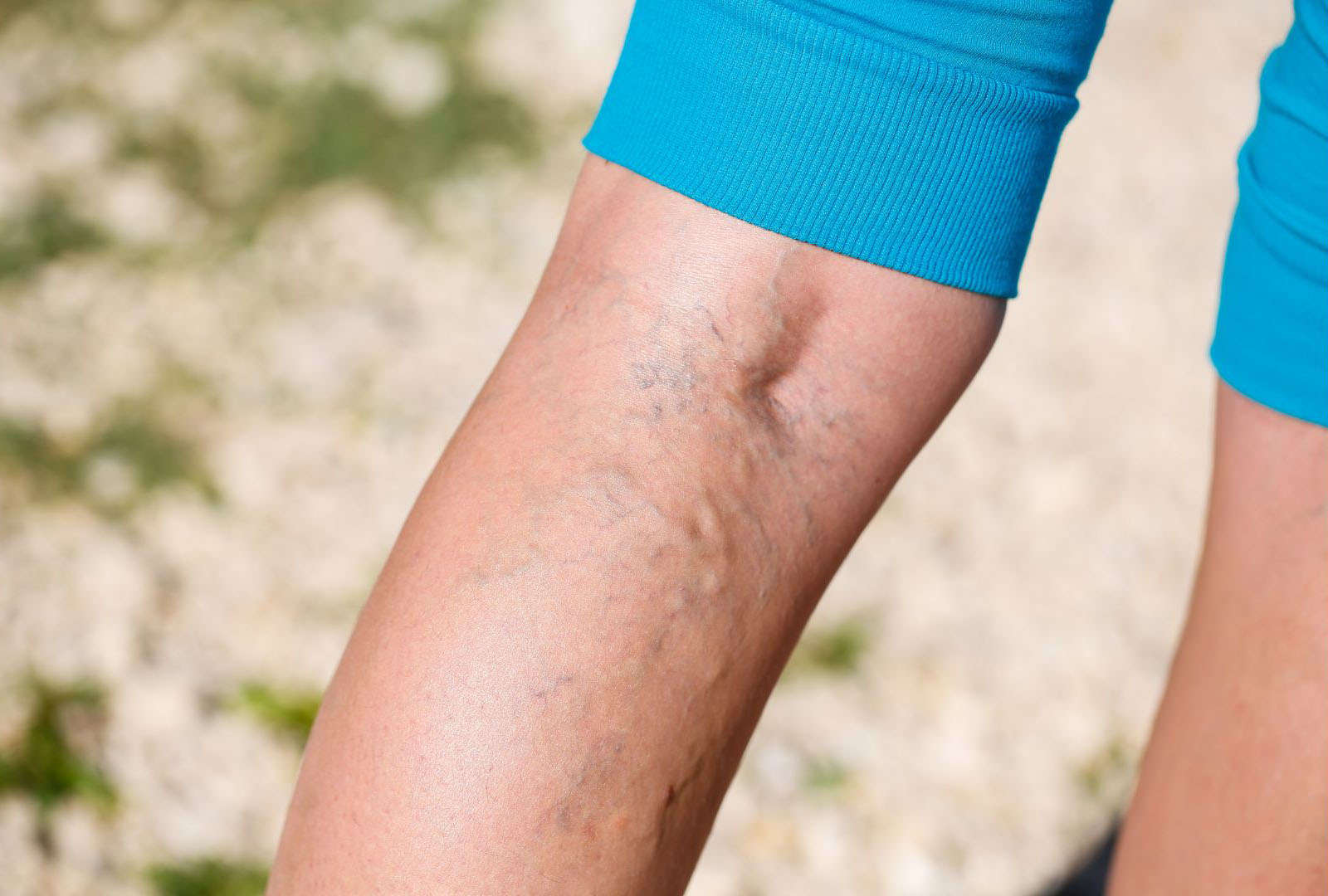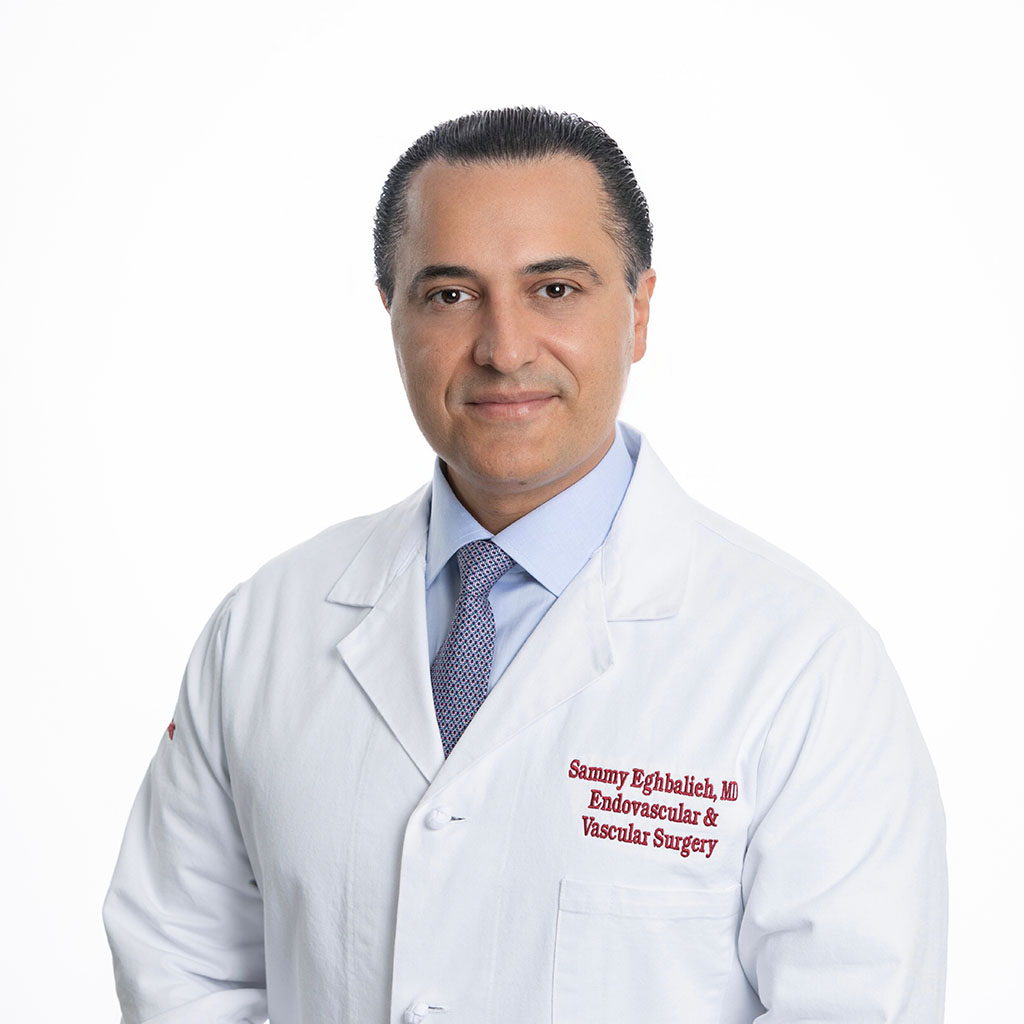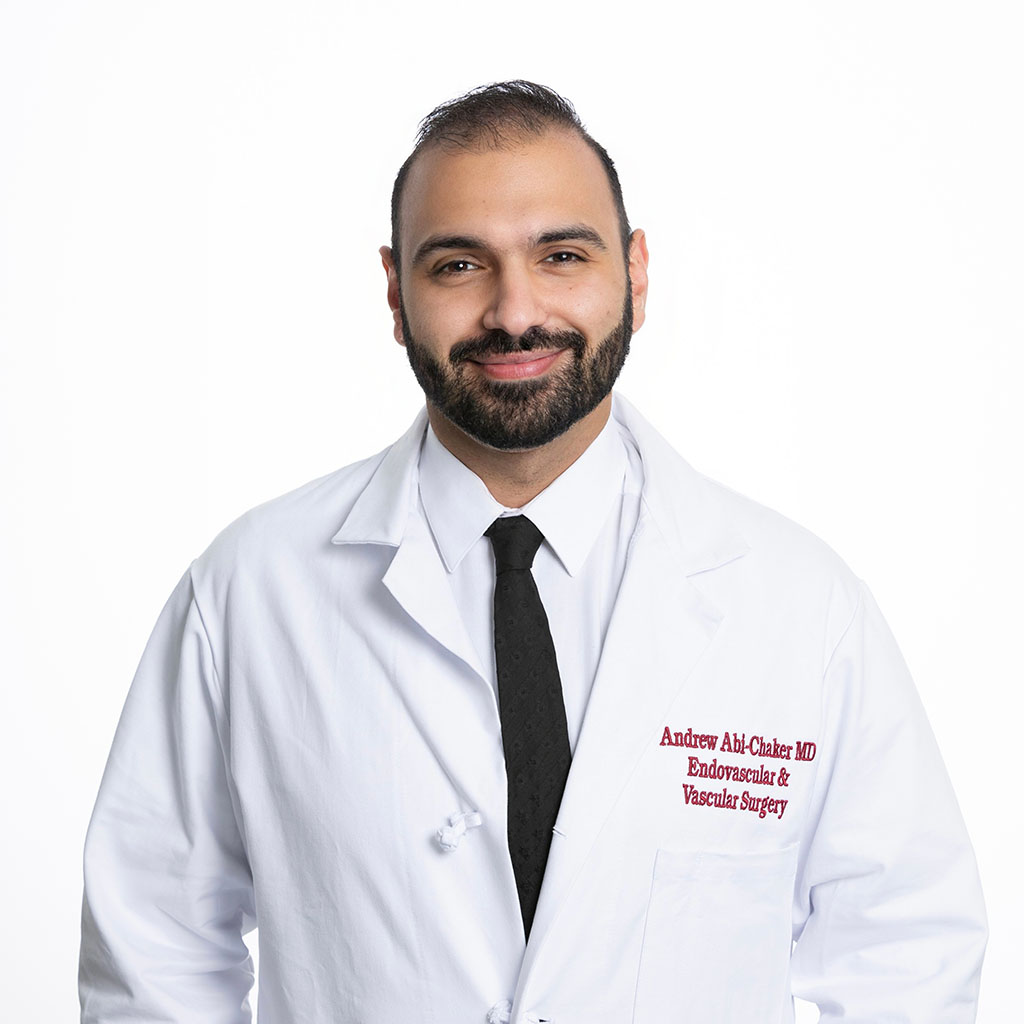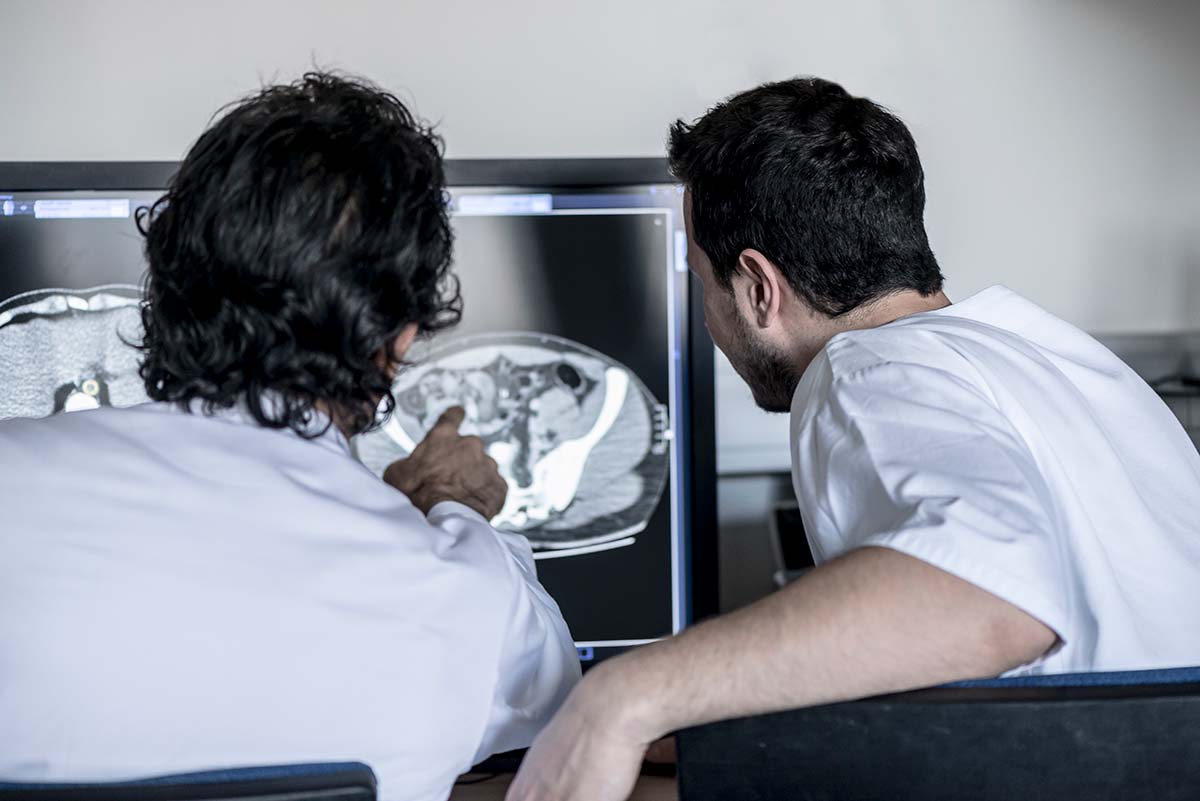What is May-Thurner Syndrome (MTS)?
When this compression happens on your left iliac vein, it interrupts the blood flow and causes the blood to back up in your left leg resulting in swelling and potentially putting you at risk for deep vein thrombosis or DVT. DVT occurs when large blood clots form in the deep veins in your legs.
May-Thurner Syndrome Q & A
Symptoms of May-Thurner Syndrome (MTS) may include enlarged or swollen veins in the legs, usually in the left leg.
What are the Risk Factors for May-Thurner Syndrome (MTS)?
- Female ages 20-45
- Scoliosis
- Post-partum
- Pregnant
- Prolonged bed rest
- Dehydration
- Oral contraceptive use
- Medical history of post thrombotic syndrome, pelvic congestion syndrome, or other clotting disorder
What are the Signs and Symptoms of May-Thurner Syndrome (MTS)?
- Skin discoloration on your legs, red and purple
- Swollen left leg
- Pain or heaviness in the legs
- Enlarged or swollen veins in the legs, varicose veins (usually left leg)
- Pain in the lower abdomen and pelvis
- Skin on the legs is warm to the touch
Treatment Options for May-Thurner Syndrome (MTS)
There are several ways to diagnose May-Thurner Syndrome including imaging tests like MRI, CT scan, ultrasound or venogram. Treatment for MTS includes:
- Angioplasty and stenting – This is a minimally invasive procedure that can be done in the outpatient setting. Your doctor will administer minimal anesthesia to make you comfortable and then access your vein through your groin area. Under the guidance of an x-ray, they will advance a balloon over a wire and place the balloon in the area of the compression.
Once they have confirmed the correct positioning, they will inflate the balloon to try to open the area. After the balloon is deflated, they will remove it and then place a stent in the same area. The stent will offer scaffolding that will keep the vein open and provide resistance against the pressure of the iliac artery compression. - Bypass surgery – In some cases your disease may need to be treated surgically. In this procedure you will be under full anesthesia. Your physician will use a conduit or a vein from another part of your body to build a new route for the blood to flow around the area of compression.
If you have developed deep vein thrombosis (DVT) as a result of your May-Thurner Syndrome, you will also be treated with DVT protocol.
To schedule an evaluation with Dr. Eghbalieh or Dr. Abi-Chaker at Southern California Multi-Specialty Center, call 818-900-6480.
Our Vascular & Endovascular Surgeons
It's important to remember not all physicians are trained in advanced vascular and endovascular surgery. It’s a good practice to get multiple opinions and do research on the surgery and the physician.








